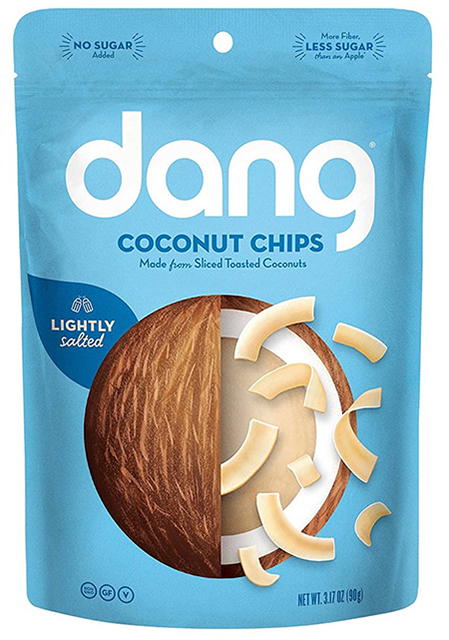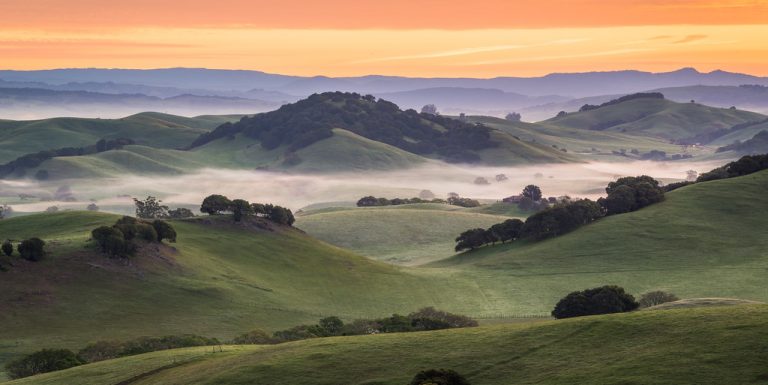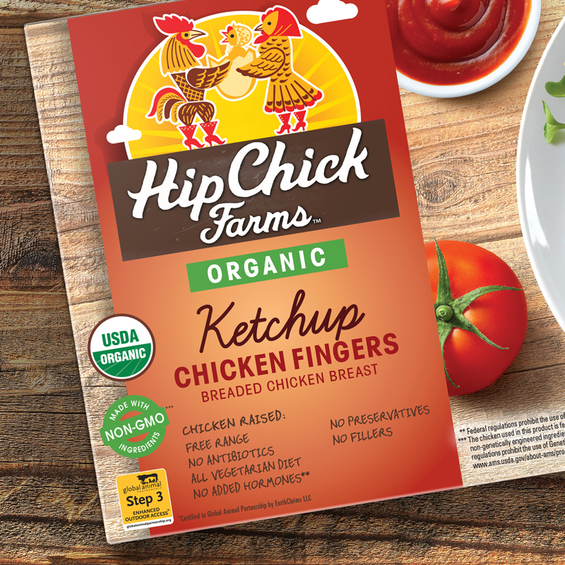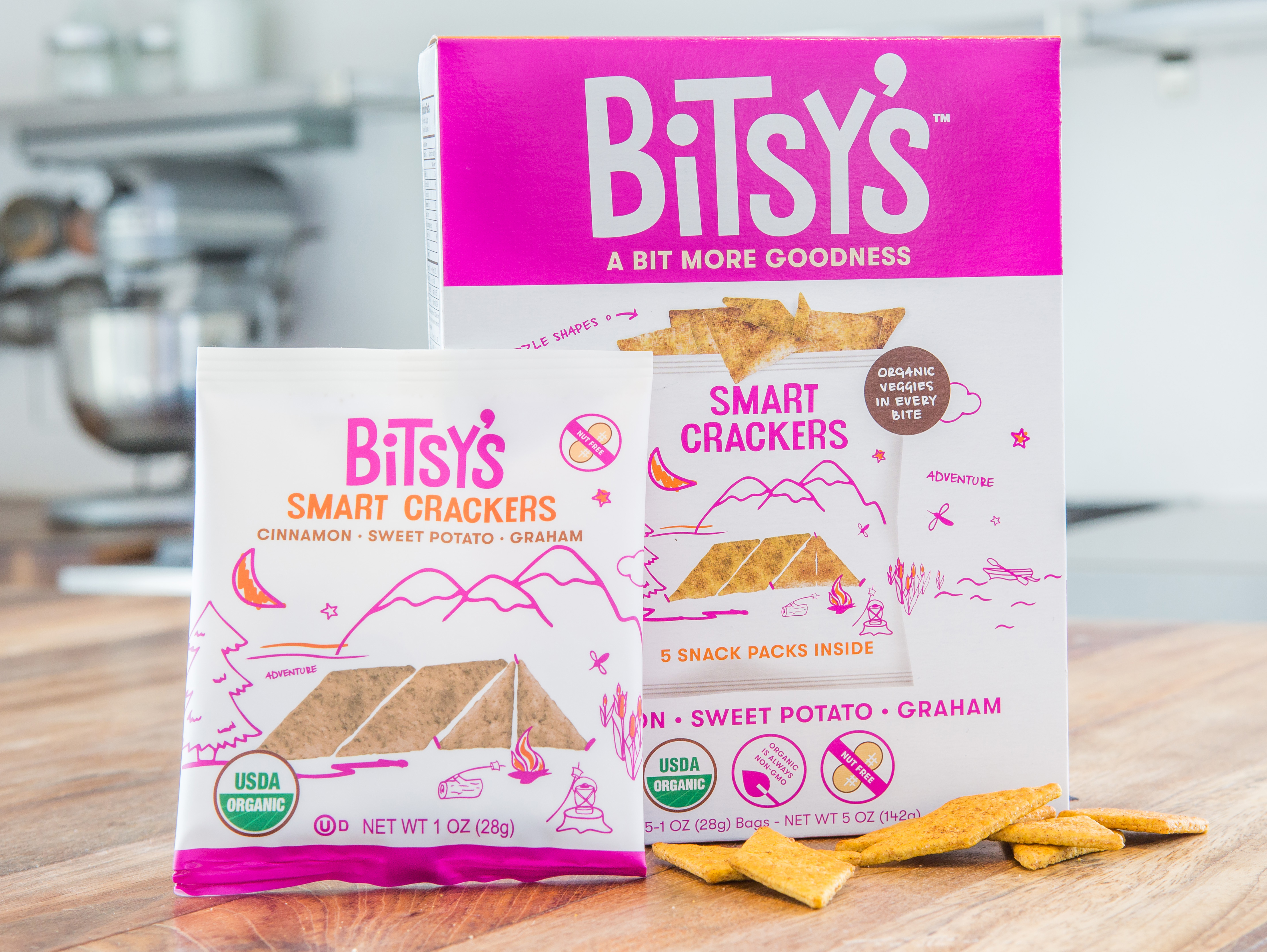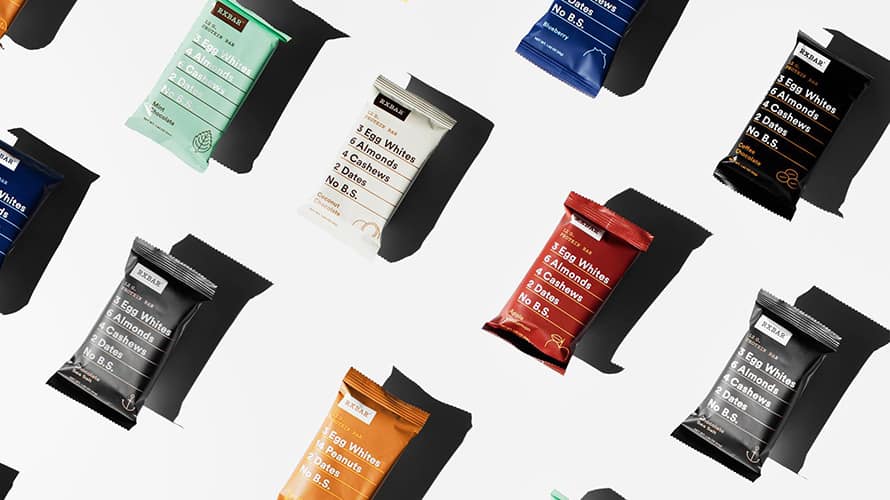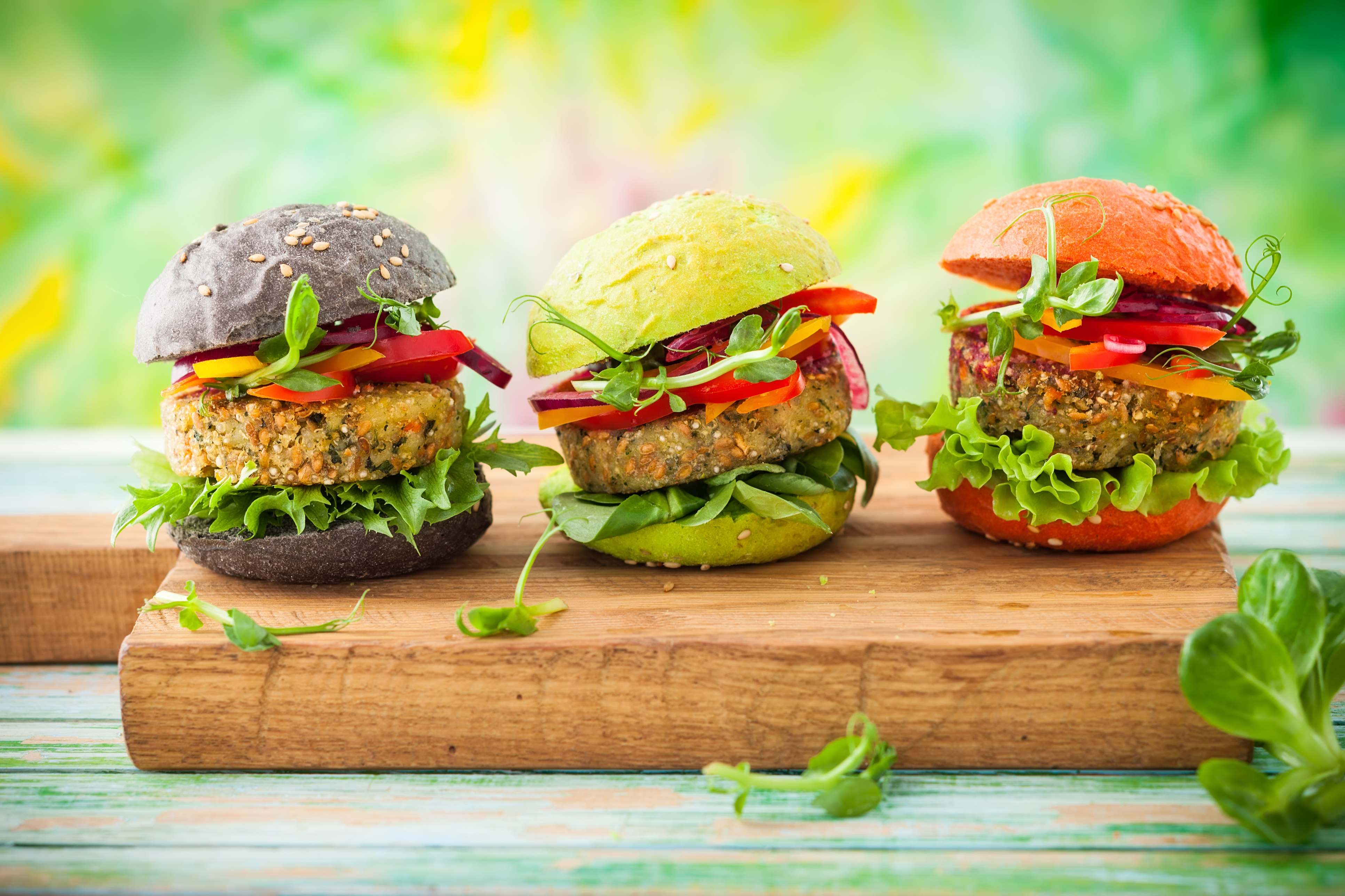
So, you want to be a vegan. Lucky for you, it’s easier than ever to live a vegan life, whether in San Francisco or San Juan. Layer in the no carb paleo craze and watch as the list of high protein vegan foods shoots through the roof. But what should a former carnivore or an omnivore looking to eat more plants eat? We’ve got your vegan grocery list.
Say “Hello” to Plant-Based Dairy
The plant based foods industry topped $5 billion in annual sales last year. Add to that a stat from Whole Foods Market that plant proteins are expected to account for almost 47% of the protein market by 2020. Cheese alternatives top the list as the fastest growing plant-based food category. Unlike “cheese” of an earlier, more hirsute era, new “cheeses” are uncannily similar to dairy cheese, no matter the style. Makers such as Kite Hill and Miyoko, whose cheeses have 3 to 4 grams of vegan protein, have received funding to prepare for massive growth. Daiya makes a line of dairy-free cheeses and dairy-free cheese pizzas that do not offer high protein numbers. Their new yogurt line, however, gets good protein marks. Infused with pea protein isolate, their Black Cherry flavor scores 8 grams of protein in a roughly cup-sized 150 grams.
Got Mylk? Or Malk?
At some point between the advent of macadamia nut milk and flax seed yogurt, milk became Malk, a brand of nut-based milks. It’s protein comes only from almonds and tops out at about 5 grams per serving. And now there’s Mylk, the brand of a raw, organic almond milk. Nut milks have been around as long as the hippies but the explosion of brands edging into the alt milk category makes the category feel fresh.
Where the Protein Lives: “Meat”
Makers are mastering plant-based meat substitutes to deliver experiences that deliver satisfaction similar to what we get from meat. In restaurants, Chipotle successfully partnered with organic tofu company Hodo Soy to make a crumbly tofu chorizo. The spices do the heavy lifting for the flavorful, near-meat experience. Beyond Meat, Field Roast and other near-meat makers developed plant-based foods with a goal of converting more fast-food outlets to plant-based pushers.
All bets are on Impossible Foods as the biggest mover on making plant-based burgers a fixture on menus nationwide. The company famous for its uncannily beef-like plant burger has raised $184 million to fabricate burgers for all. From textured wheat protein, coconut oil and potato protein, this zero-cow burger packs 19 grams of protein into an 85 gram burger. That is a high protein vegan food if I ever saw one.
What’s Different With This Plant-based Food Craze
Packaged Facts reports 37% of consumers ages 25-39 are likely to seek out plant-based proteins, the highest of any age group. Their survey also reported 53% of consumers seeking bolder flavors, at pace with the many ethnic and spiced vegan foods hitting the shelves.
The trend isn’t really such a mystery:
- Climate is in the spotlight, and plants take a lot less energy and resources to produce than meat.
- Factory farming practices have shed light on the gory innards of animal treatment and meat production.
- The benefits of plant-based foods (especially fresh vegetables and fruits) cannot be denied.
Food innovators, and equipment to DIY at home, are making it easier to say yes to plant protein.
For example, the protein-packed garbanzo now shows up in everything from baked goods as flour, to dozens of dips, to Fabanaise, a mayo-like concoction made from aquafaba, a.k.a., garbanzo juice.
The availability of high protein vegan foods that you should add to your vegan grocery list are stacking up like dominos. Don’t see what you want at your local store? From the looks of it, ask and you shall receive.

